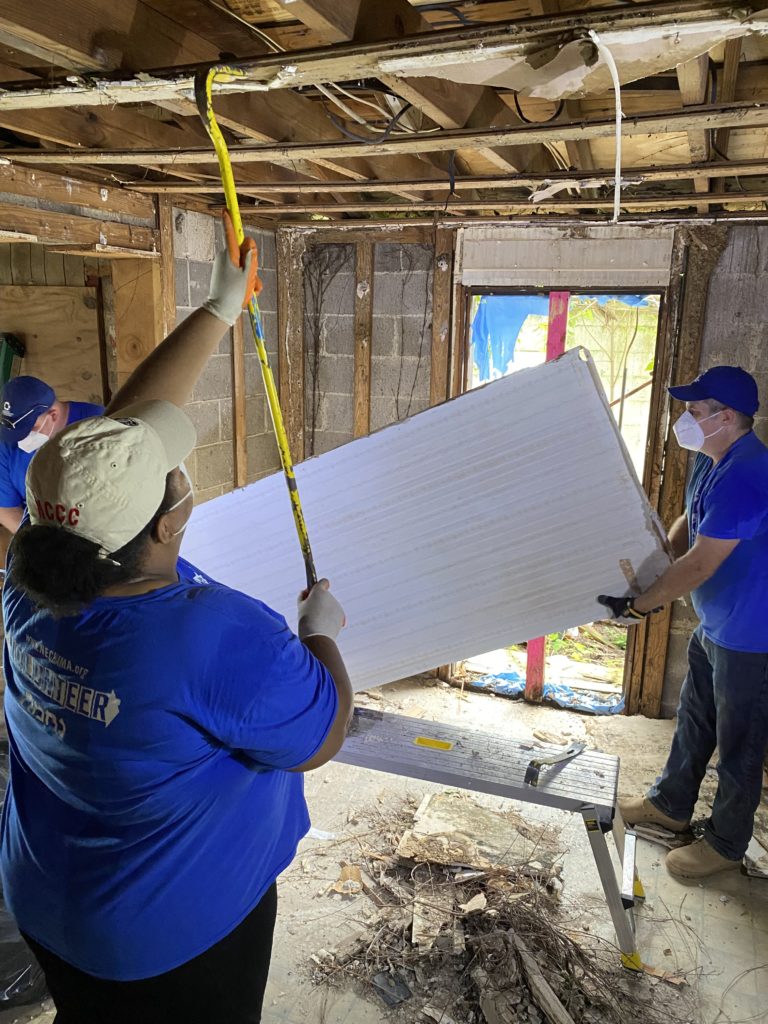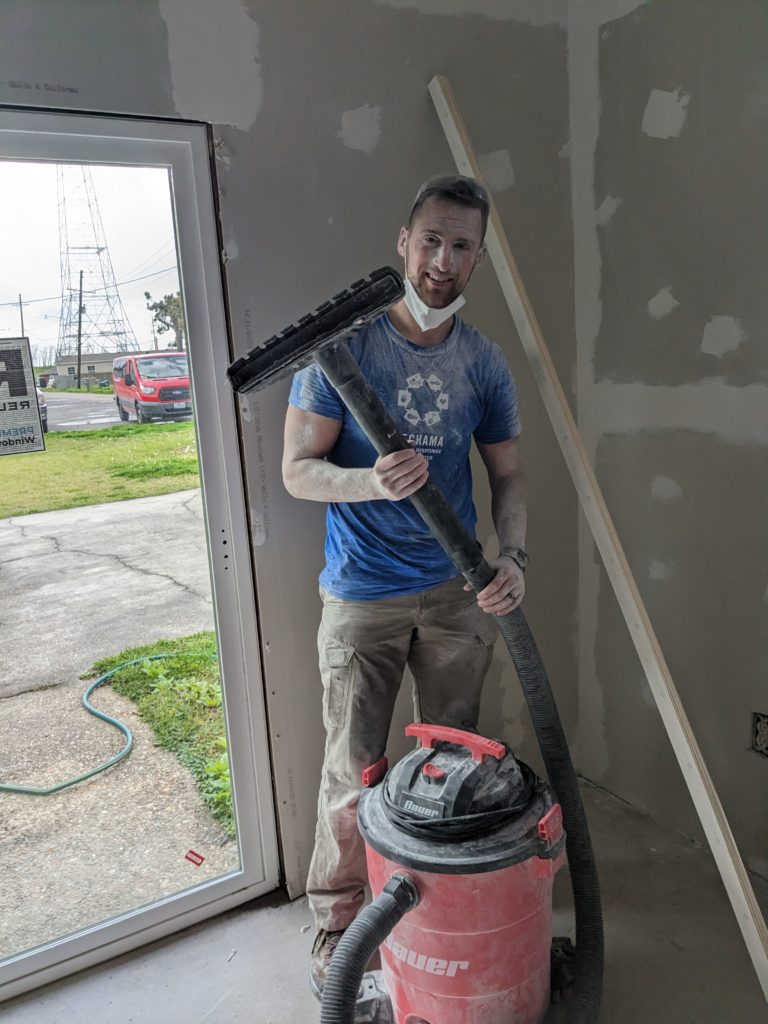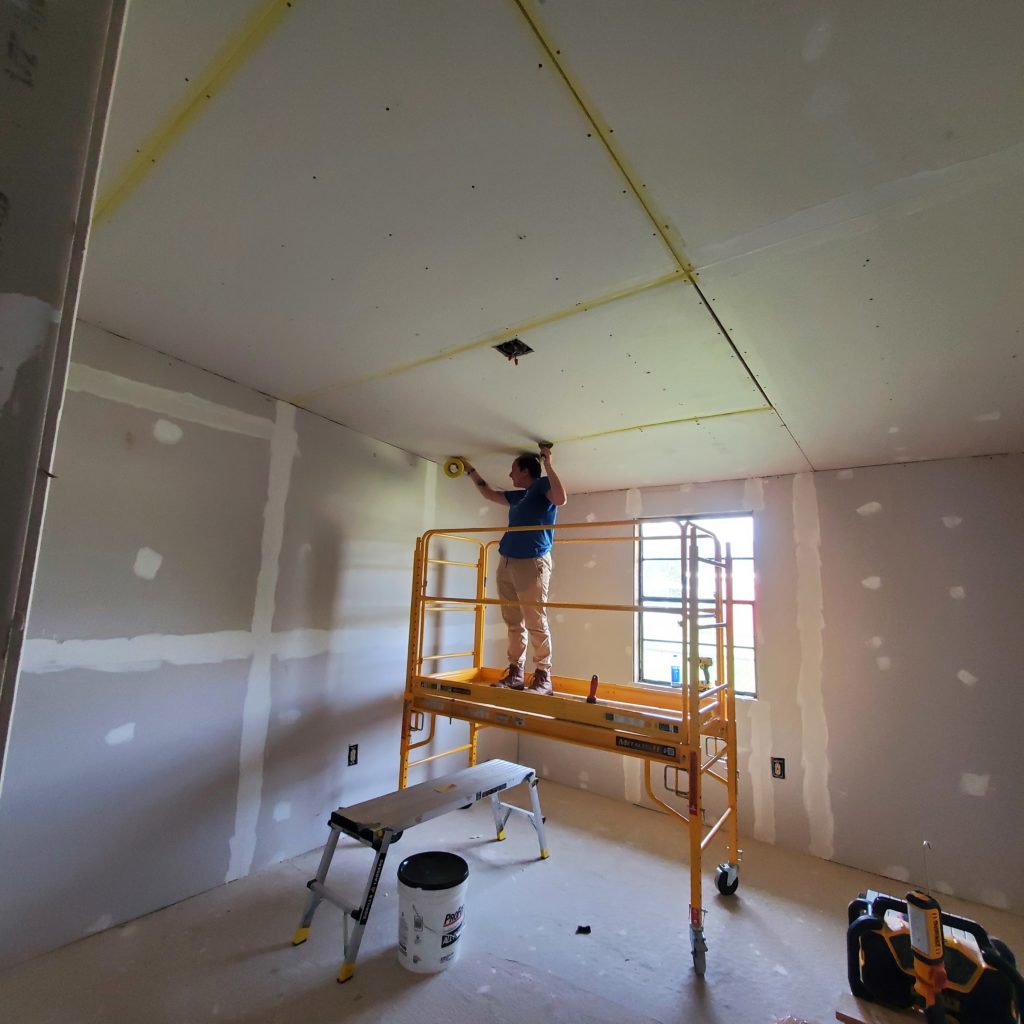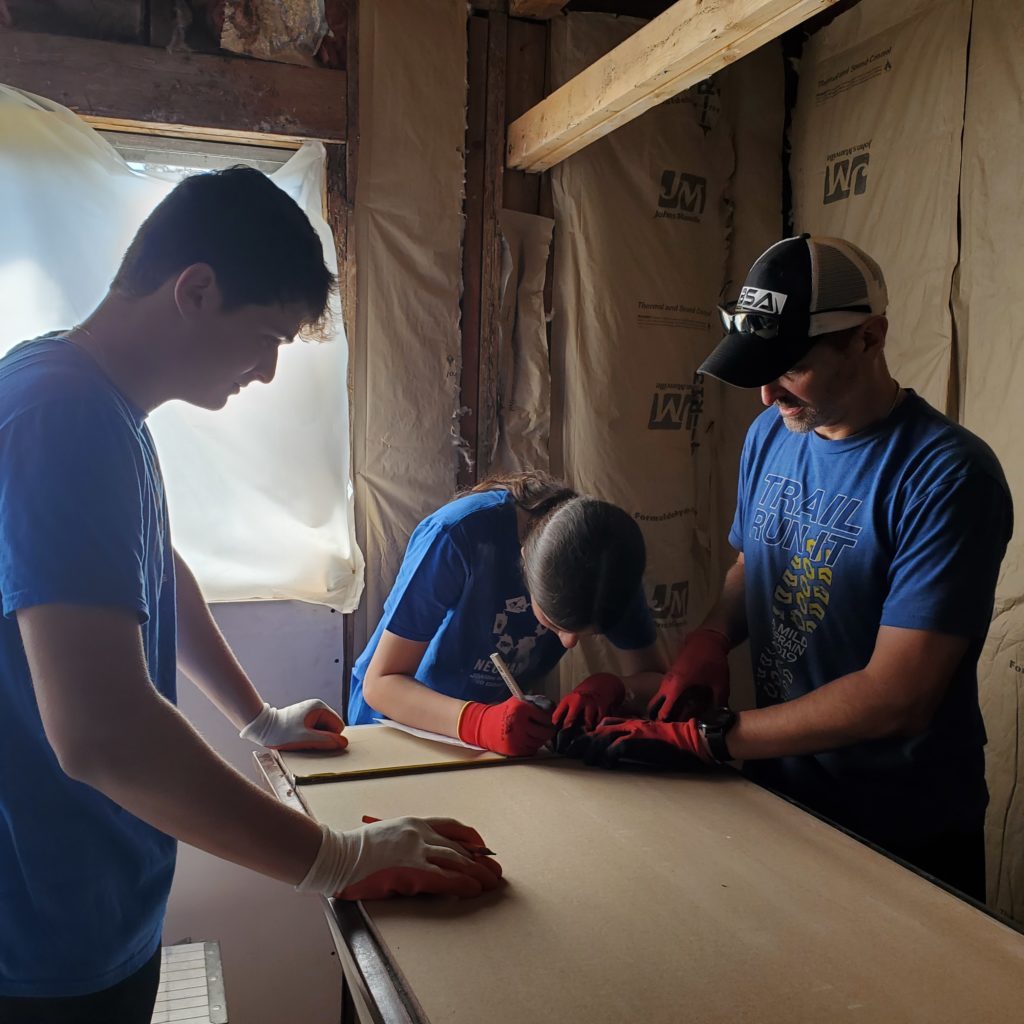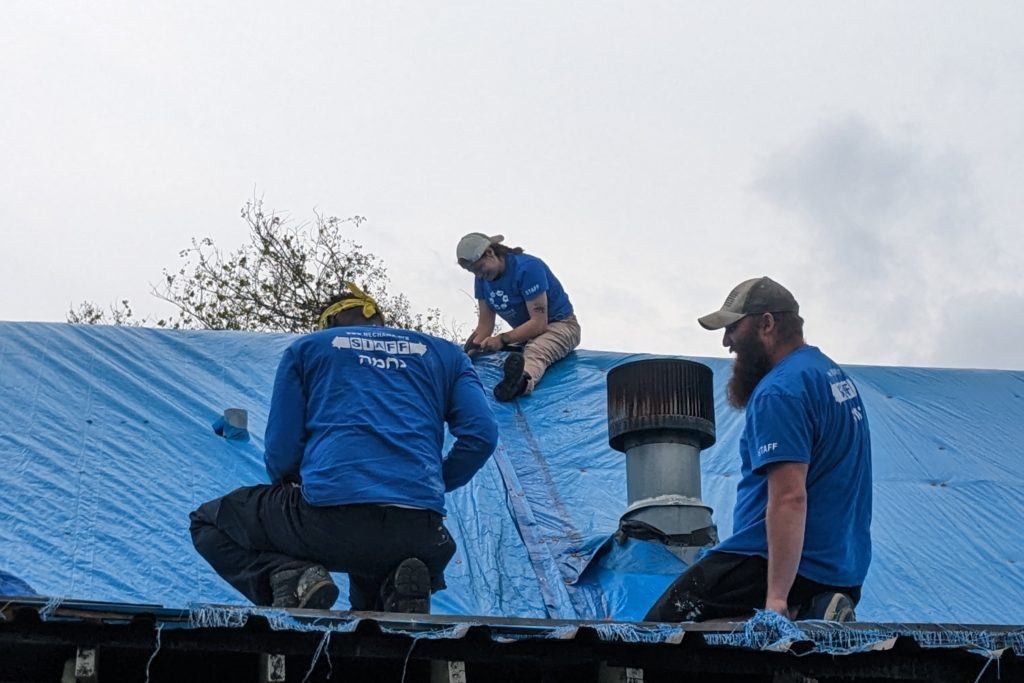As I sit here staring out the window, I gaze upon an enormous pile of snow. Being headquartered in Minnesota, this is not an unusual sight. What is unusual about this year is the volume of snow that has fallen. As I type this, we are currently ranked in the top 10 seasons for snowfall totals, with the likelihood that more will be forecast to fall in the upcoming days and weeks.
Snow in Minnesota isn’t typically a big issue- experienced crews clear the roads rapidly and homes are constructed to handle the sub-zero temperatures. There is, however, one big issue for our state and many others like ours in the midwest. In a state that is relatively flat, where will the water go when the snow melts? It inundates streams, lakes, and swamps surrounded by land that is still frozen. The water cannot sink into the ground as it does in warmer months, and flooding emerges as a result.
And as an agency, we are no strangers to floods. We have responded to many over the years. And looking at our roots, our founding members created NECHAMA following the Great Flood of 1993, which began 30 years ago this month and lasted well into October of 1993.
Why is this year different from other years?
As we move past the pandemic restrictions of the past 3 years, we look ahead to what is to come. We see the continued struggles taking place in so many communities across the country impacted by disasters in recent years.
Our work in Louisiana began in September 2021, now a year and a half ago. It will likely continue well into 2024. We still come across homes untouched since Hurricane Ida passed through, left a wake of destruction, and dissipated into nothingness. Homes still sit empty, water seeping into them through an unrepaired roof or wall. Homes that had extensive initial storm damage, now have 1.5 years of mold growth and additional damage caused by a lack of resources to make the needed repairs.
As we look ahead to the upcoming days and months, we reflect on the difficulties faced by the community in Louisiana we have become enmeshed with. We go forth with the realization that many communities around the country continue to face difficulty in rebuilding following a variety of storm systems that have recently occurred. With the likelihood of flooding forecast to be higher than it has in recent years, we anticipate future damage as snow and ice begin to melt across the midwest.
How can we continue to help with so much destruction continuing around us? Much like the matzah served during Passover, we can continue to stay flat and humble, realizing that in giving of our own time and resources we can free those we help from that which holds them back. In freeing ourselves from our personal lives and struggles, we pick up a shovel or a hammer. We physically use our bodies to help families where storm damage leveled their homes and former life. We humbly join by their side and help them rebuild, liberating them from their current condition and enabling them to move forth with a renewed light in their eyes.
We would love to respond to every disaster and help every family that we can, but realize what an insurmountable task that is on our own.
So we ask you today to join us in this journey, in any way that you can.
Join our volunteer corps, share our story, and support our work. Help remove that which has spoiled in the lives of the families we serve, and liberate them from the current prison they are held captive in. Join us as we become a part of the fire that lights the lives of those we meet.
With warmest regards,
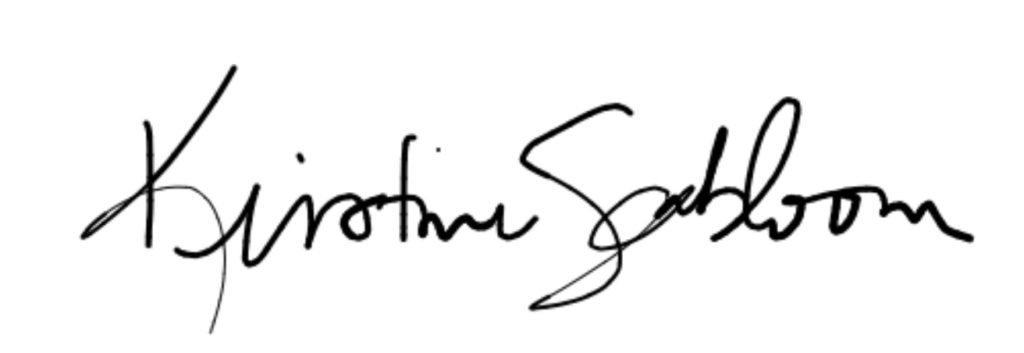
Kristine Seabloom, Administrator
